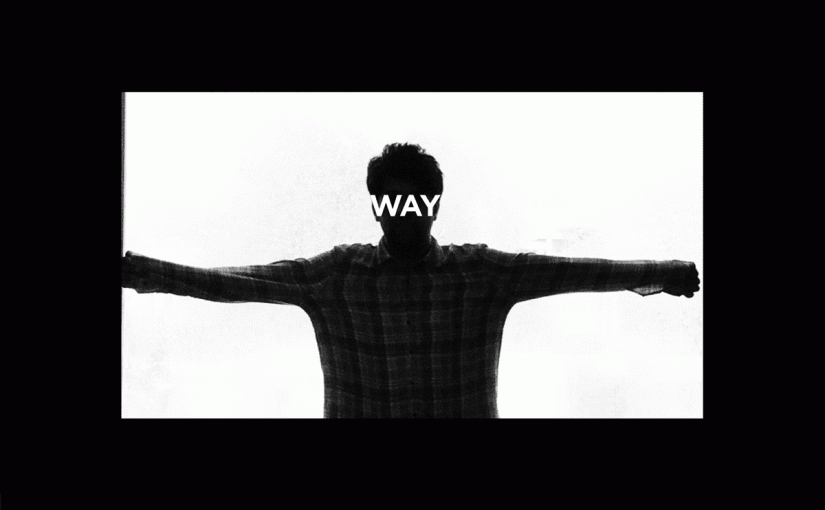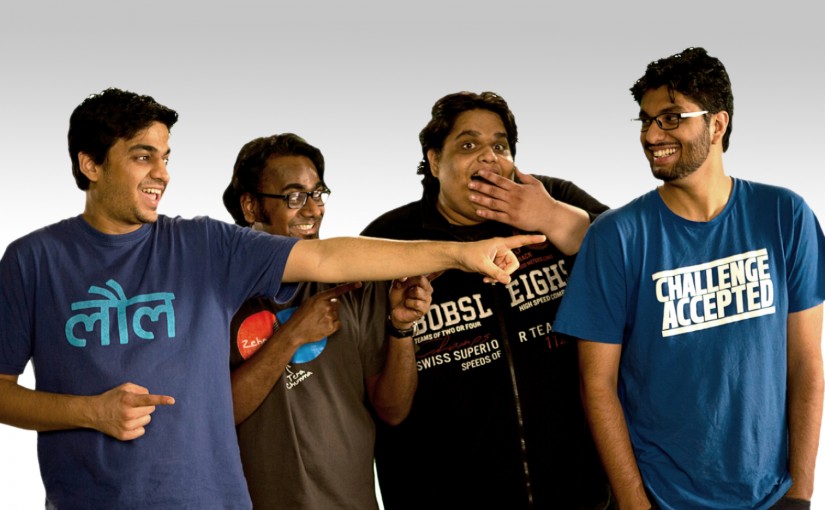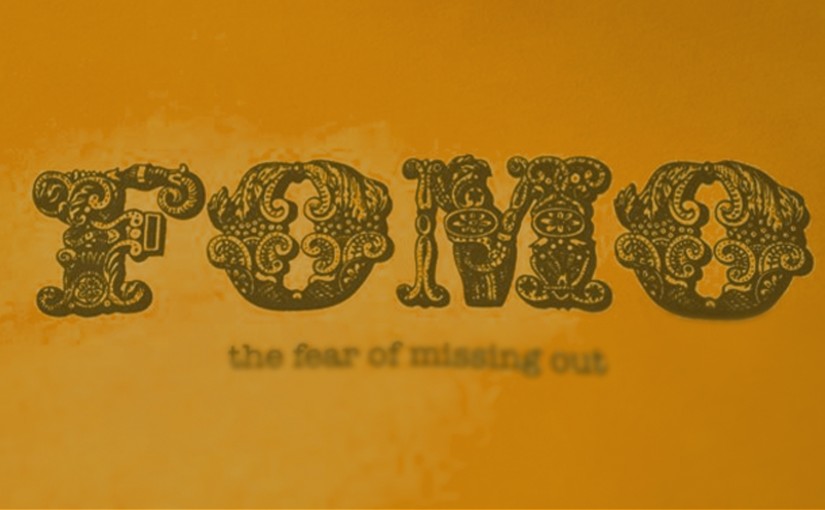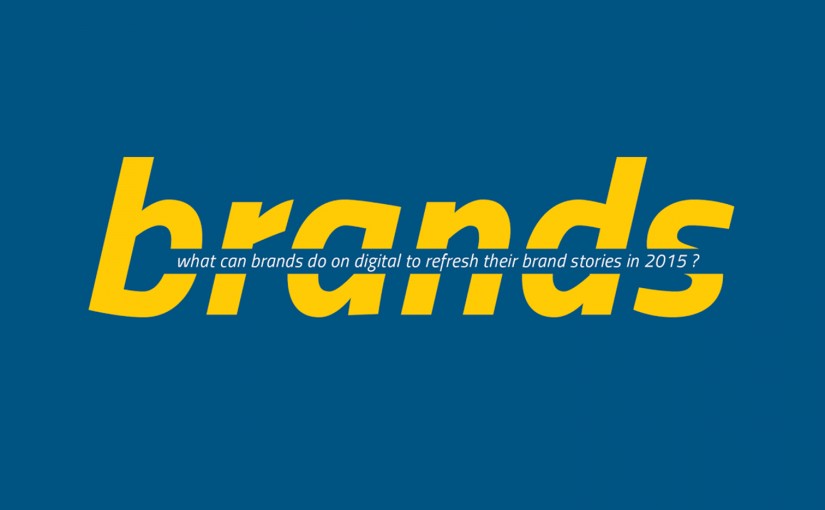Drop us a few lines about the task and we will get back immediately to see we how we can take the discussion forward. Alternately, just pick up the phone and speak with us at +91 9910034330 and we would be happy to help.
- - Do tell us a little about the nature of your business.
- - Be specific about what you’d like us to help you with.
- - Knowing your budget always helps us plan a suitable intervention.
- Blog
Blog the Talk – Edition 4: Guy Kawasaki on Internet, Investment and Investors!
-
Blog the Talk – Edition 4: Guy Kawasaki on Internet, Investment and Investors!

Blogworks- Blog the Talk discussion series was conceived to feature the best of learning from the ‘live web’ through panel discussions, talks and one-on-ones – mostly conducted online.
Blog the Talk series is presented by HP India, Personal Systems Group– Commercial, which is responsible for HP’s range of business notebooks, business desktops and
href=”http://welcome.hp.com/country/in/en/prodserv/handheld.html”>handheld devices; in association with Impact – the media, marketing and advertising weekly.
Guy Kawasaki on Internet, Investment and Investors.
How this edition of the discussion came about still seems a bit surreal to me, but the entire sequence of events again validated something that I have always believed – truly successful people are often very approachable; that they reply to their own mails – find time to do so, however busy they maybe; that there are no degrees of separation – that we really live in a connected world…
I discovered Truemors a couple of months ago, wrote a brief post about it and followed it with a mail to the Truemors team regarding their Truemorist programme. I got a reply back from Guy and that’s how we got in touch. Won’t waste your time with details but I asked Guy if he would consider being on Blog the Talk, he agreed, simple and straightforward – tells me a lot!
Delighted to have Guy Kawasaki – successful entrepreneur, global investor, best-selling author and columnist. Guy doesn’t really need a formal introduction, but here goes anyway:
Guy Kawasaki is a managing director of Garage Technology Ventures, an early-stage venture capital firm and a columnist for Entrepreneur Magazine. Previously, he was an Apple Fellow at Apple Computer, Inc. Guy is the author of eight books including The Art of the Start, Rules for Revolutionaries, How to Drive Your Competition Crazy, Selling the Dream, and The Macintosh Way. He has a BA from Stanford University and an MBA from UCLA as well as an honorary doctorate from Babson College.
Guy is presently located in Palo Alto, California.
The talk is typical ‘Guy’ – simple and straightforward; and a little different… this one was done over email so more like a Q & A. Enjoy!
All thoughts expressed by participants are personal opinion of respective speakers and do not represent the views of Blogworks or any other company/ organization..
Rajesh Lalwani: Guy, thanks for joining us on Blog the Talk today.
Web 2.0(!) – Blogs; Social Networks; Forums; Widgets – we have seen them connect people, add value at more than one level, but has the new Internet scene also become an information overdose? Do you think there would be consolidation? How would one simplify?
Guy Kawasaki:Thanks. There is overload, but that’s what it takes to have a few winners emerge. There’s no way to simplify – well, maybe there’s one. Have ‘experts’ pick the smartest and dumbest ideas and then throw away the smart ones and do the dumb ones.
There isn’t a way to predict the winners. It would be like being around billions of years ago and predicting what forms of life would survive. Only God would know, and we aren’t God.
Rajesh Lalwani:Smiles.
The whole of the internet seems to be congregating on Facebook. There is a new application getting added every half an hour (figuratively speaking). One doesn’t really need to go anywhere else to do anything. eCommerce possibilities look immense. What are your thoughts? Is FB here to stay? What do you think is happening here?
Guy Kawasaki: Facebook is just-about the most exciting thing I’ve seen in years. The integration of its parts is so well done—for example, how it sucks in your Entourage address book to send invitations. It could become the way a large percentage of users interact with the Internet. In a sense Western Union should be PayPal, and AOL should be Facebook.

Rajesh Lalwani:Tech purists feel technology by itself is capable of achieving a lot of this simplification, what is the scope for human intervention – Digg; ChaCha and
many others are as much about people as technology. What are your thoughts about this?
Guy Kawasaki: Tech purists are the worst people to ask about this!
It’s like asking a carpenter if everything can be fixed with a hammer and saw. Technology can accelerate, extend, supplement, but it cannot replace human interaction. Ever notice that the companies that spend the most on CRM have the worst customer relations?
Rajesh Lalwani:‘Bubble’ is what one is hearing yet again – is it a bubble?
How will, in your opinion, these platforms monetize? Are the valuations going over the top again?

Guy Kawasaki: It is a bubble, and a bubble is a good thing.
It makes people want to start businesses. If we all carefully thought out every possible contingency, we’d never try anything.
Rajesh Lalwani :“The business plan will emerge!” Does that thought still hold true then?
Guy Kawasaki: Yes, more than ever though I think it was never true that people wrote plans and strictly adhered to them.
Companies that survive had plans that emerged. Companies that didn’t survive didn’t. I doubt that Steve and Woz ever wrote a business plan. What was YouTube’s business plan: give away infinite storage and bandwidth to copyright violators?
Rajesh Lalwani:What do you look at when you decide which new business your company will invest into? How important is the entrepreneur in this?
I was reading this TechCrunch post about Evan Williams, Twitter and Kevin Rose, Pownce – the comment about the fact that both were ‘liked a lot in silicon valley’ caught my attention – how much of the early adoption on a product would be basis such liking?
Guy Kawasaki:I look at a product or service and imagine if I would use it. Not a theoretical MIS manager, but if I personally would use it. If I wouldn’t, then I probably wouldn’t invest.
Being liked a lot in Silicon Valley isn’t a prerequisite for success because popularity usually occurs after success. It doesn’t cause success. At the start, most entrepreneurs aren’t even known.
If I had to choose between being liked and having a great product to make a company successful, I’d choose a great product. If you become a billionaire in Silicon Valley, you will be popular-albeit with the wrong kind of people or for the wrong reasons- but people will suck up to you.
By contrast, if you have the greatest personality in the world but your product sucks, it will still suck.
Rajesh Lalwani:Indian software professionals have been on the technology forefront on the world scene and bar Hotmail, we haven’t seen too many big Indian successes on the Internet. What do you think could be the reasons?
Guy Kawasaki: Maybe it’s because Indians are too smart, too diligent, and too sincere. Maybe in order to achieve successful with ‘Internet companies’, you have to be full of crap.

Rajesh Lalwani:Are Indian investors risk averse in general?
Guy Kawasaki: There are lots of Indian VCs who are investing in US Internet startups created by Indians and non-Indians. I don’t think race plays any role in investment decisions. Three things you can depend on from VCs are
color-blind and gender-blind greed.
Rajesh Lalwani:Would you consider investing into Indian entrepreneurs/ Indian companies?
Guy Kawasaki:Sure, why not?
In fact, I would prefer investing in Indian entrepreneurs and companies because they are smart, diligent,and sincere. We have:… already in our portfolio.
Rajesh Lalwani : Any current favorites of yours – technology products; companies; ideas.
Guy Kawasaki: I love “credit card” startups. That is, companies you can start with $25,000 or less. Truemors was my experiment in this. This is the Ycombinator theory, and I like it.
I certainly don’t think that a company funded with $1,000,000 is forty times more likely to succeed.

Rajesh Lalwani:Any sectors that that you maybe specifically are interested in? Not interested in?
Guy Kawasaki:Garage is primarily a West-Coast, IT, software, and clean-tech fund. We don’t do life sciences.
We’re looking for companies that are raising $1-2 million in a seed or Series A Round.
Rajesh Lalwani: What would you expect as part of a proposal that someone may want to send and what criteria do you normally apply to selection?
Guy Kawasaki:The ideal proposal is a three paragraph email with a link that leads to a working prototype. End of discussion.
Rajesh Lalwani:Any investment limits Garage normally doesn’t invest beyond?
Guy Kawasaki: We are a small fund, so companies that will require $10 million to break-even are not for us. I’d also like to be rich in this lifetime, so this narrows our focus some too. :-)
Rajesh Lalwani:Lol. Any plans to visit India soon?
Guy Kawasaki:No, sorry. I was in Mumbai earlier this year and loved it, though.
Rajesh Lalwani:Any of your current/ upcoming initiatives that one should be looking out for? What are the plans for Truemors?
Guy Kawasaki: Truemors is my baby.
I love the idea on two fronts:- The democratization of information so that anyone can be a journalist/editor
- The blogosphere has universally condemned the idea-which makes me even more dedicated to make it succeed
Also, as you can imagine based on my earlier response, we’ve released a Truemors for Facebook so that people can create their own network of Truemorists among their friends.
Rajesh Lalwani :That is super cool. Yes, I already added the version ;) – the link’s here.
Can’t resist asking you this…
Are you an iPhone fan? Any experiences/ thoughts you want to share?
Guy Kawasaki:I don’t have one. I can’t stand AT&T’s data network performance, and I really need Exchange server compatibility.
Rajesh Lalwani:Smiles.
Guy is clearly not buying an iPhone yet. Neither am I, for different reasons though :).
BTW – Do read this iPhone review by Guy, to get an update on his AT&T experience.
Thanks a lot Guy! Do look forward to having you here in India, sometime soon. Cheers.
Dear all, please take the conversation forward.Disclaimer: Views of authors are personal and do not represent the views of Blogworks, or any of its clients.
-
Contact
conversations@blogworks.in
+91-9910034330 -
Newsletter
-
Social

























